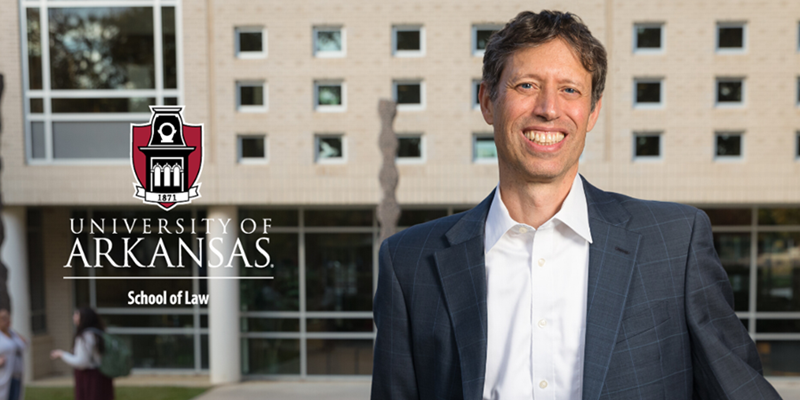Regulation Professor Provides Easier Rules to Deciphering the Pc Fraud and Abuse Act

Professor Laurent Sacharoff
Laurent Sacharoff, professor of regulation and affiliate dean for investigation and college enhancement, has revealed a new report, “Criminal Trespass and Laptop Criminal offense,” that appears in the latest difficulty of William and Mary Regulation Evaluation.
The posting examines the Laptop or computer Fraud and Abuse Act, or the CFAA as it is far better recognized in legal circles, which criminalizes the basic act of accessing a different person’s personal computer devoid of authorization. The CFAA, which is at this time beneath evaluation at the Supreme Court docket of the United States, has appear under large criticism from courts and students simply because it is ambiguous when utilized to day-to-day practice and social media websites’ conditions of services. The report poses the query, if Facebook’s terms of services prohibit consumers beneath 13 many years from obtaining accounts, need to a 12-calendar year-old who generates an account be guilty of a federal criminal offense?
Sacharoff agrees with the courts and scholars and thinks this is an space of grave issue but disagrees with the way they have sought to limit the statute. In accordance to Sacharoff, the courts’ and scholars’ interpretation of the CFAA just reflects their want to rewrite a regulation they do not like.
Sacharoff shows that the solution to unjust purposes of the CFAA lies elsewhere in its language. Any violation less than the statute has to be completed knowingly. Most individuals may obtain accessibility to a platform without authorization or violate its phrases of services, but they almost never know that their accessibility lacks authorization. All those people would for that reason not be guilty of a federal crime. Sacharoff’s contribution promises to direct courts toward a considerably less complicated interpretation and application of the CFAA.
